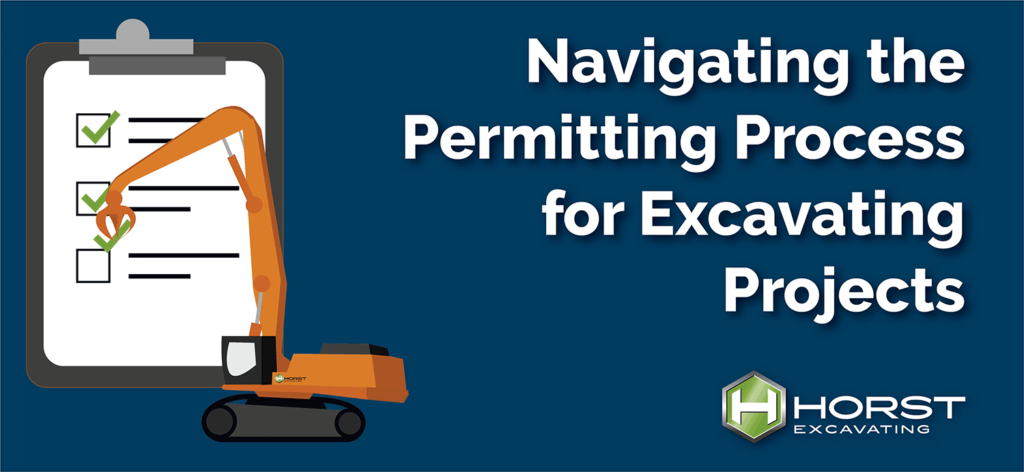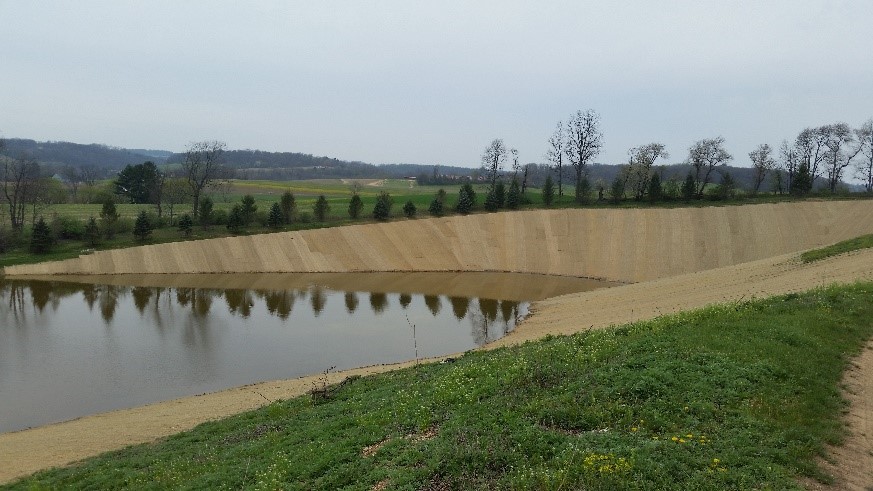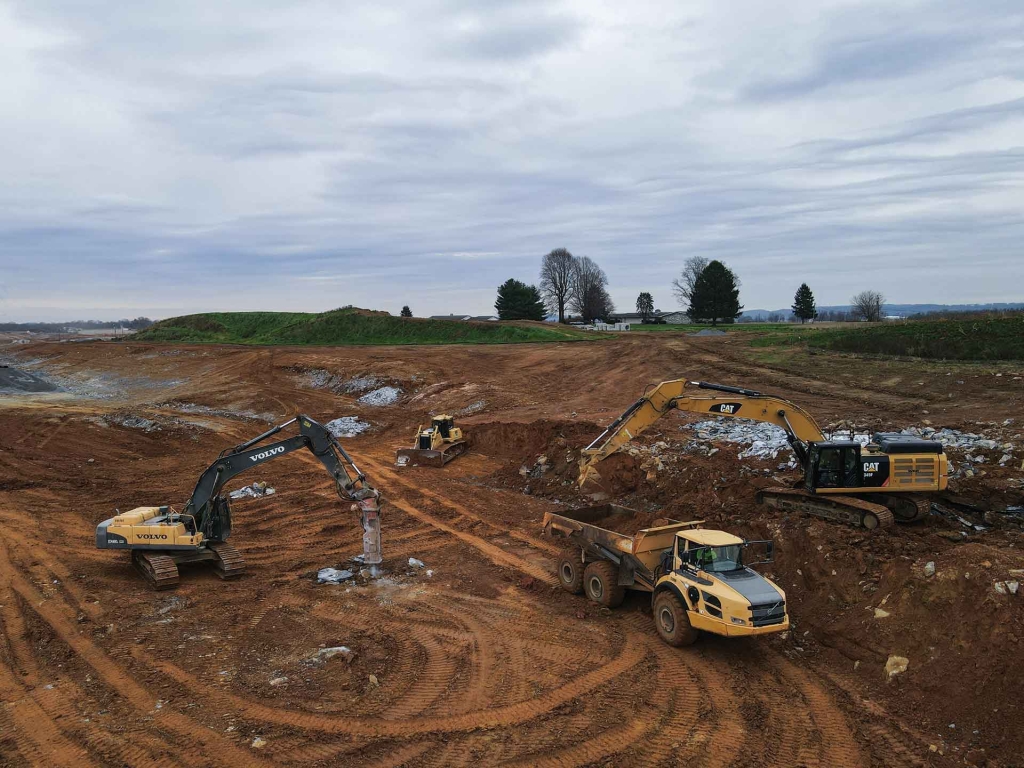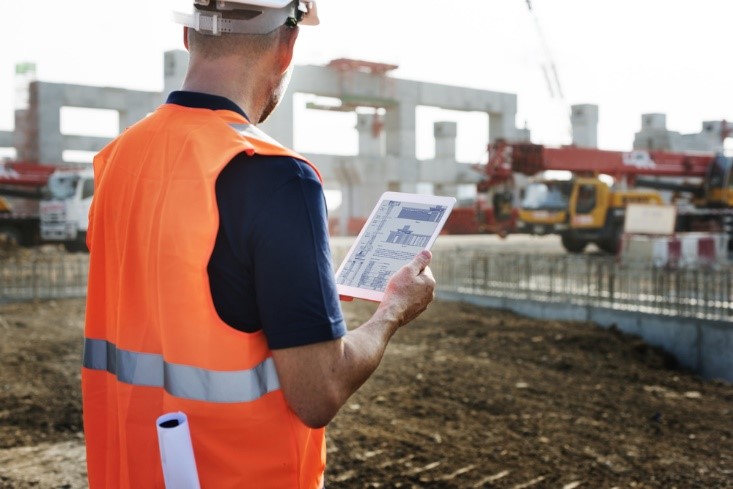Navigating the Permitting Process for Excavating Projects

Before your construction project kicks off, you’ll need to acquire all necessary permits. While the specifics depend on your local government (municipality, city, county, borough, village, township, etc.), they often include a site development or excavating permit, which is often separate from the building permit.
In some areas, a site development permit covers all of the site work. However, other regions may require additional permits for the environment, stormwater, soil removal, and other areas of the project.
Obtaining the right permits is crucial. Failure to do so could lead to large fines and delayed projects.
In this guide, we’ll dig deep into the excavating and site development permitting process, sharing the essential information you need to get started.
- Does My Construction Project Need an Excavating Permit?
- What’s the Purpose of Site Development Permits?
- How Do You Apply for an Excavating Permit?
- How Much Do Excavating Permits Cost?
- How Long Does it Take to Get a Permit Approved?
- How Long Is a Permit Good For?
- What Happens If the Permit Application Gets Denied?
- How Do Permitting Authorities Ensure You’re Complying?
- Make the Permitting Process Easier with the Right Team
Does My Construction Project Need an Excavating Permit?
Most permitting authorities require excavating permits for excavations/disturbances of land that reach a specific depth (e.g. 5 ft) or displaced cubic yards (e.g. 25 cubic yards). The exact requirements vary from local government to local government, but most construction and infrastructure development projects need an excavating permit.
What’s the Purpose of Site Development Permits?
The purpose of these permits is to ensure work is conducted in a manner that’s safe for workers, the environment, the community, and people using the space thereafter. Authorities grant these permits after reviewing your project’s plan. They typically cover:
- Compliance with zoning ordinances and land-use regulations
- Protection of the environment (e.g. resources, habitats, and water quality)
- Grading and excavating standards (e.g. soil stabilization methods, erosion control techniques, and slope protections)
- Safe and proper installation of utilities
- Fencing and security measures
- Landscaping and vegetation preservation
- Signage regulations
- Stormwater management
How Do You Apply for an Excavating Permit?

- Project details, like the scope and purpose of the excavation
- Location of the site
- Contact information for key parties, like the owner, licensed excavating contractor, site engineer, etc.
- Project schedule or duration
- Site plans showing proposed slopes and grades
- Grading and drainage plan with erosion control measures
- Utility plan showing the location of existing and proposed lines
- Any necessary environmental impact mitigation measures
- Safety plan for ensuring the well-being of workers, the public, and any adjacent properties
This information can be extensive, but the process goes a long way in keeping our communities healthy and successful.
How Much Do Excavating Permits Cost?
Costs to apply for permits will vary. These fees help cover the cost that the permitting office incurs to process and review your application, as well as conduct any inspections.
In most cases, larger and more complex sites and scopes will have higher permitting fees than smaller and simpler sites. You can typically find fee schedules on your local governing body/permitting authority’s website.
As a general rule, they can range from a few hundred to several thousand dollars. But you could see ones that are much more or less expensive.
How Long Does it Take to Get a Permit Approved?

Ensuring your application is completed and accurate, and that your site work plan gives due consideration to all safety and environmental regulations required by the permitting authority can help speed up the process. Some permitting authorities may allow you to pay an additional fee to expedite the process.
How Long Is a Permit Good For?
Permits typically have an expiration date. If your project doesn’t begin within the specified time, or if it isn’t completed within the defined window, it will become null and void, and you’ll no longer be authorized to work.
If your permit is set to expire before work is expected to complete, you may be able to request an extension.
What Happens If the Permit Application Gets Denied?
Cities and townships may deny excavating permit applications if they feel that the proposed work will endanger people, damage property, or threaten the environment. If this happens, many administrators will provide specific reasons why the application was denied. Your site work team can make changes to their plans to ensure they’re compliant with the requirements, so another permit request is successful.
There is also an appeals process, where you can petition to have the denial overturned.
How Do Permitting Authorities Ensure You’re Complying?
Once site work begins, the permitting authority will likely conduct scheduled inspections at project milestones to verify that you’re complying with regulations. The amount and type of these inspections will vary based on local requirements and the scope and complexity of the project. That said, they can often occur during:
- Grading and excavation: to ensure erosion control measures are in place and prevent erosion and sedimentation.
- Utility installation: to verify that water lines, sewer lines, stormwater systems, and other utility infrastructure have been installed according to standards.
- Roadway and infrastructure: to verify non-utility infrastructure like roadways, parking, curbs, and retaining walls comply with safety standards and regulations.
- Final: to ensure all work has been completed.
If, during these inspections, the inspector finds hazardous conditions or evidence that the project deviates from the plan shared on the permit application, he or she may stop work until things are resolved. Fines may also be levied for certain offenses.
Make the Permitting Process Easier with the Right Team
Navigating the permitting process requires access to specialized information about your project and an intimate understanding of best practices for site work and development. You need a team that’s great at planning, coordinating, and complying with various agencies and regulations. From your architectural and engineering teams to your excavating contractor, picking companies that are committed to doing things the right way can make this process easier and more successful.
With over 60 years of excavating experience, Horst Excavating is skilled at navigating the permitting process. We can bring value and ease to your project.
Let’s get started today!
Posted April 09, 2024


